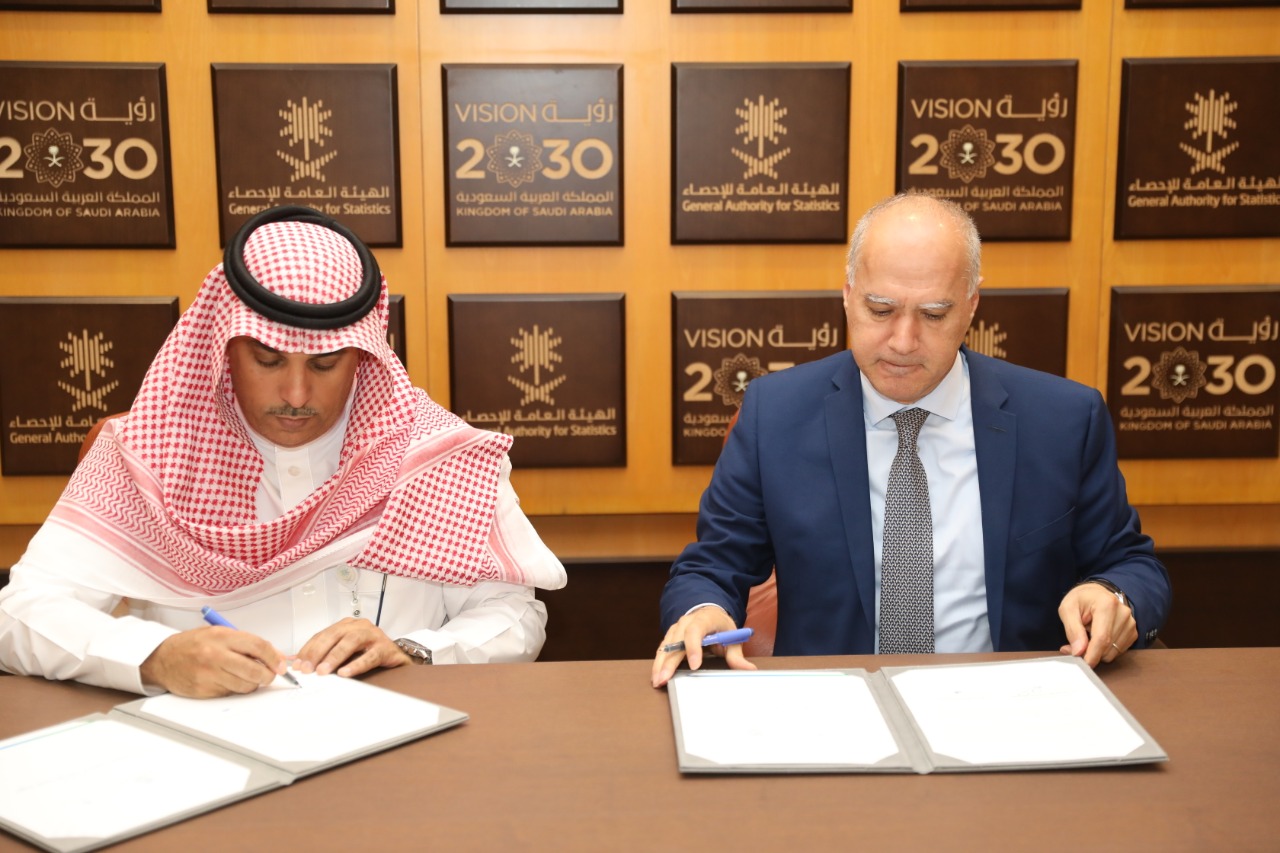GaStat: Over 30,000 employees are ready to provide health services for pilgrims, with 16 hospitals in Mecca and the Holy Sites, 125 health centers, and 132 ambulance centers
06-08-2019
1,141 medical and first response field teams provide their services 24/7
GaStat: Over 30,000 employees are ready to provide health services for pilgrims, with 16 hospitals in Mecca and the Holy Sites, 125 health centers, and 132 ambulance centers
The Kingdom of Saudi Arabia is investing all its human and material capacities in the service of pilgrims to the Holy Sites, as government entities come together to offer health services to pilgrims. The General Authority for Statistics (GAS) announced on Tuesday 5 Dhu'l-Hijjah 1440 Hijri that the workforce dedicated to providing health services and first aid to pilgrims this Hajj season has reached 30,908 people (of whom 8,685 are women). The numbers were published on the Authority’s website (www.stats.gov.sa( and include employees form the Ministry of Health, the Saudi Red Crescent Authority, and the Saudi Food & Drug Authority. They are joined in providing health services by teams from the security and military sectors. This brings the total of medical and first response field teams at the Holy Sites during the Hajj season up to 1,141 teams.
The GAS explained that health, treatment, and prevention services for pilgrims are offered by the Ministry of Health in the shape of free specialized medical services through a dedicated team of doctors, pharmacists, nurses, technicians, and administrative employees exceeding 27,797 individuals. Treatment services made available to pilgrims include: open heart surgeries, cardiac catheterization, dialysis - both hemodialysis and peritoneal -, endoscopies, birth procedures, and other specialized medical services. Currently, 16 hospitals are available inside Mecca and the Holy Sites, along with 125 health centers fully equipped for medical and emergency response, and 68 field teams operating at the Holy Sites and inside and outside Mecca.
The Saudi Red Crescent Authority has itself dedicated 132 permanent and temporary first response centers, 370 ambulances, 20 bikes, and 2,811 individuals for emergency and medical services in Mecca, Medina, and the Holy Sites.
All health and emergency response teams are operating 24/7 in Mecca and the Holy Sites until Wednesday 20 Dhu'l-Hijjah. The concerned authorities have already set the necessary comprehensive programs and plans to guarantee the provision of all capacities and requirements needed to deal with emergencies and disasters, if any, and to provide medical and emergency aid, treatment, and prevention services to Hajj and Umrah pilgrims and visitors. The plans have been rolled out effectively and efficiently based on a unified approach and using the most advanced medical and first aid provision methods. The services also seek to reinforce health security at the Holy Sites and the roads leading to them, and at land, air and maritime entry points. They are not limited to land services provided through ambulances but also cover Saudi Air Ambulance, motorbikes, fast response teams, and field teams at the Great Mosque and Al Masjid an Nabawi and their surroundings. These efforts rely on available human capacities and a group of male and female volunteers.
The Saudi Food & Drug Authority has assigned a team of 300 employees to monitor foods, medicine, and medical equipment and products imported by pilgrims and pilgrimage groups. This team is also in charge of supporting the concerned monitoring authorities in their inspection of establishments offering food to pilgrims in Mecca, Medina and the Holy Sites. The Authority’s seven key services include: inspecting foods, medicine, and medical equipment imported through entry points; health inspection of food establishments in the Mecca region; health inspection of food establishments in the Medina region; health inspection of animals sacrificed at Mina; field studies concerning food safety; raising awareness among pilgrims on the safety of food, medicine, and medical equipment and products; and inspecting transportation means entering Mecca and the Holy Sites.
- End -

